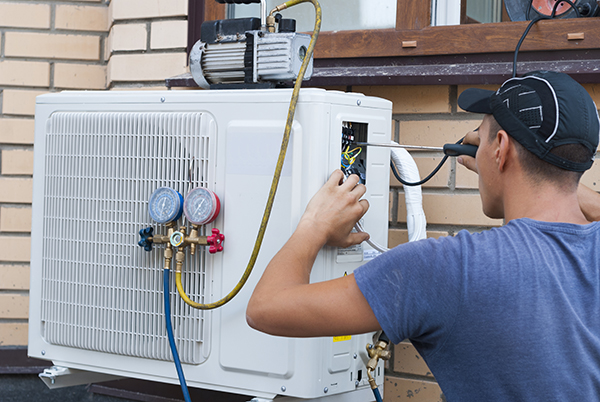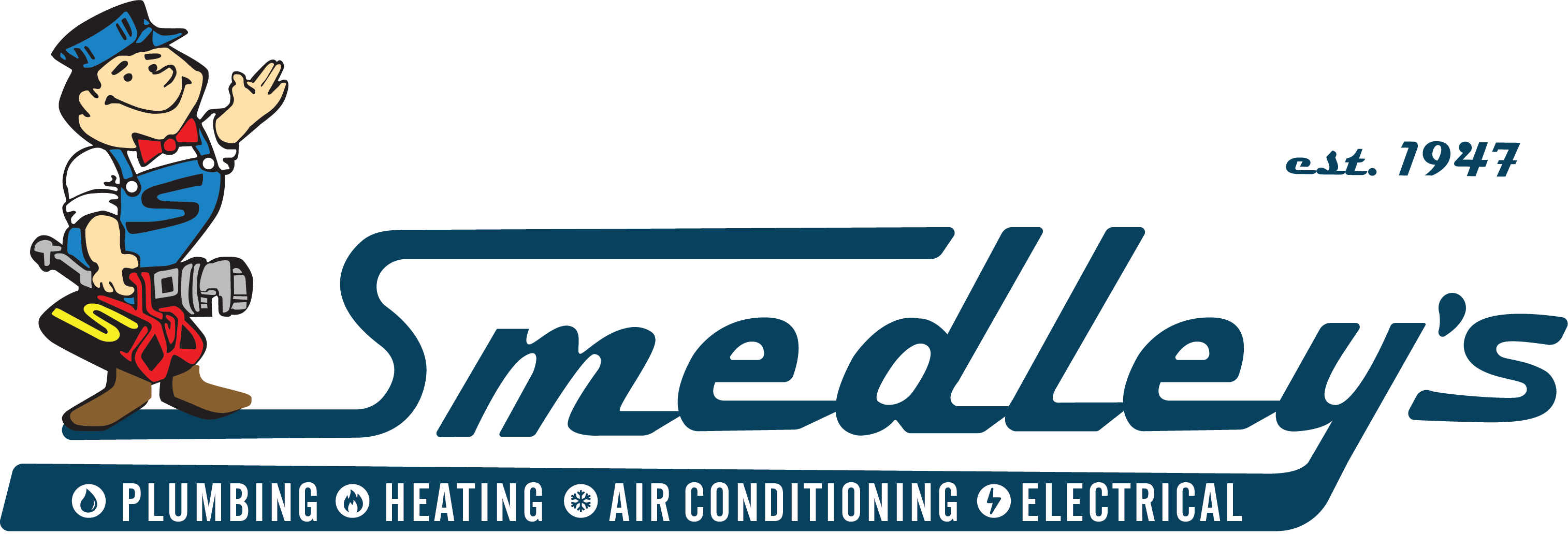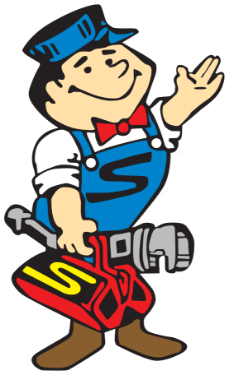
Of all the modern HVAC options, the heat pump tends to feel the most like a cheat code. Understandably, people who haven’t experienced heat pumps in action are often suspicious about how they work. Even if someone wasn’t at the head of their high school science class, they do know that there are no free lunches in physics.
How can a heat pump can pull heat from the outdoors even on a really cold day? A heat pump uses some clever engineering to put physics to work for you. Here is a basic understanding of how heat pumps pull off one of the more interesting — and energy-efficient — tricks in the HVAC industry.
Always Pumping Heat
Heat pumps constantly pump heat from a warm area to a cold one. When it comes to the cooling function of a heat pump, they operate similarly to conventional air conditioners. The refrigerant in the air conditioner or heat pump is colder than the air inside your house.
Energy naturally flows from hot areas to cold. Therefore, the heat transfers into the refrigerant in the coils. The air conditioner then follows the coils to the outside where it is vented. Taking the heat from a large area inside to a small surface in the unit ensures that the coils will be hot enough to then transfer heat to the outside air, even on the hottest day of the year.
Reaching a Boiling Point in the Winter
The clever part is when you want to use cold outdoor air to heat the indoors during the coldest winter days. When we say that heat wants to go from hot to cold, that is a simplification. Heat goes wherever the boiling point is lower.
For example, this is why steam comes off your pot of water when you boil it to make spaghetti. The surrounding air is colder than the boiled water, so the heat transfers into the air as steam. The water is past its boiling point, and the air isn’t.
This is also why rubbing alcohol quickly evaporates after you put it on something. Alcohol has a notably low boiling point and will evaporate when exposed to the air even in normal conditions. In fact, this is why most types of wiper fluids for your car use alcohol. Its low boiling point ensures it won’t stick around on your vehicle’s windshield, even on a very cold day.
The last factor to understand is that low-pressure fluids and gases are great for creating a low boiling point. At a low pressure, there are fewer molecules to heat up. Consequently, a low-pressure fluid or gas captures heat quickly.
Moving Heat Like Magic
Here is where the heat pump performs its magic on the coldest day of the year. An expansion valve can lower the pressure of the refrigerant in the outside coils of the heat pump. This will lower the boiling point of the refrigerant below the boiling point of the outside air. Even better, the manufacturers have researched the available refrigerants to find the best currently available options to get the lowest possible boiling points.
It is easy to think of the air outside as having no heat on a cold day. That isn’t true. It has less heat. However, everyone on Earth still lives in conditions that are well above absolute zero, the actual lowest temperature possible in the universe. As long as the refrigerant’s boiling point is low enough, it will draw heat from the outside. This happens even when we get a very cold day here in Layton, UT.
The Secret Is in the Refrigerant
If you just left the warmed refrigerant in the outside coils, eventually the heat difference between the outside air and the refrigerant would equalize. You don’t want that to happen. You want to move the freshly captured heat into your house. The heat pump can use the coils to transfer the heat to the indoors.
The indoor coils are hotter than the air in your house during a heating cycle. The natural flow of energy from hot to cold takes over, and the system also can blow indoor air over the coils to speed up the heat transfer. Having lost the heat, the refrigerant will then return through the coils to the outside where it will repeat the process. Your heat pump has achieved the seemingly magical trick of moving heat from cold air into your house.
How Is That Not Cheating?
The thing to remember here is that there is still an energy input. Your heat pump isn’t cheating the universe to get free heat. While you aren’t burning natural gas or some other fuel source to get the heat, you are using electricity to lower the pressure of the refrigerant and the refrigerant’s boiling point.
Notably, heat pump efficiency drops as the temperature gets extremely colder. Most heat pumps have no problem operating close to full efficiency around freezing. They only lose efficiency as the temperature goes below zero degrees F. The best modern systems can keep working fine to temperatures below negative 20 degrees F. For reference, the average low in the Greater Salt Lake City region in January is 21 degrees F.
Keeping It Running
A heating element can also help the heat pump maintain its functionality and efficiency by keeping the outside coils clear. This is especially important in cold and humid weather because it clears snow and ice from the coils. Understandably, running the heating element also makes the system less efficient since it requires electricity.
Another solution is a dual-fuel system. In this scenario, you keep a standard heating system like a gas furnace or an electric heater to handle extreme cold weather. You might not need the backup option for years if the weather stays on your side, but it provides peace of mind. Folks who live at higher altitudes or in more exposed locations should consider this solution.
The Convenience of One System
A notable benefit of a heat pump is that one system does both the cooling and heating work. Picture a mild day in early summer followed by a cool night. A heat pump will effortlessly handle the transition from cooling your house during the day to warming it at night. Especially in terms of maintaining one comfortable target temperature, a heat pump is hard to beat. Modern heat pumps often include systems that regulate the indoor humidity level, maximizing your comfort level to prevent both dryness and excess humidity.
Smedley Service is the go-to choice for many Layton residents who require HVAC work. Our technicians can handle HVAC installations, repairs and upgrades, including mini splits, boilers, and conventional HVAC systems. We also offer plumbing services such as leak detection and pipe repair. Our business is licensed, bonded and insured. It has also been around since 1947. If you’re excited by the potential of a heat pump, contact us today for a consultation.




